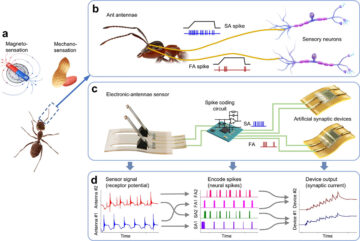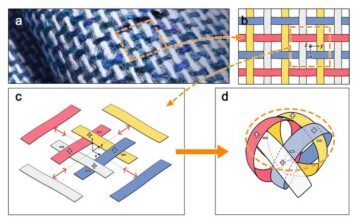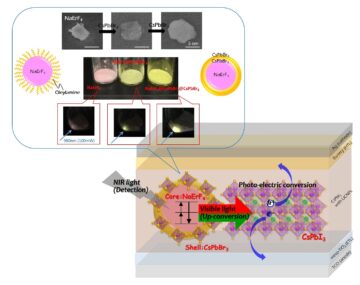
- SEO Powered Content & PR Distribution. Get Amplified Today.
- Platoblockchain. Web3 Metaverse Intelligence. Knowledge Amplified. Access Here.
- Source: https://www.nanowerk.com/news2/space/newsid=62419.php
- 10
- 7
- 9
- a
- ability
- Able
- About
- address
- alongside
- analyse
- and
- around
- Attempts
- authors
- being
- billions
- Century
- Chile
- colleagues
- coming
- conditions
- curiosity
- Current
- Currently
- Dark
- Date
- Delta
- deployed
- deposits
- DESERT
- Detection
- difficult
- dna
- earth
- Environment
- equipment
- Even
- EVER
- evidence
- expected
- extremely
- formed
- Fossils
- found
- from
- Half
- highly
- However
- HTTPS
- identified
- identify
- importance
- impossible
- in
- indicate
- instrument
- instruments
- laboratory
- Lack
- levels
- Life
- limitations
- limits
- living
- located
- Low
- low levels
- many
- mars
- material
- materials
- Matter
- Microbiome
- might
- million
- missions
- mixture
- molecular
- most
- multiple
- Nature
- organic
- Paper
- perseverance
- planet
- plato
- Plato Data Intelligence
- PlatoData
- possible
- present
- previously
- primarily
- Questions
- raise
- recent
- Red
- remains
- Results
- returning
- reveal
- River
- Search
- sensitive
- Sensitivity
- Signatures
- Signs
- similar
- Similarly
- Simple
- since
- sophisticated
- state-of-the-art
- STONE
- stress
- studied
- Suggests
- techniques
- Technology
- The
- to
- under
- whether
- will
- within
- years
- zephyrnet
More from Nanowerk
Inspiration from plants: A metal-air paper battery for wearable devices
Source Node: 2533839
Time Stamp: Apr 3, 2024
Insect-inspired antennal sensory system excels in tactile and magnetic perception
Source Node: 2523465
Time Stamp: Mar 22, 2024
Researchers realize orientation control of conductive MOF nanofilms
Source Node: 2317801
Time Stamp: Oct 9, 2023
Recyclable mobile phone batteries a step closer with rust-busting invention
Source Node: 1917684
Time Stamp: Jan 25, 2023
New technique unlocks tunable plasmonics in promising photonic glass
Source Node: 2415845
Time Stamp: Dec 27, 2023
Novel near-infrared light detection method using upconversion nanomaterials
Source Node: 1790812
Time Stamp: Dec 23, 2022












